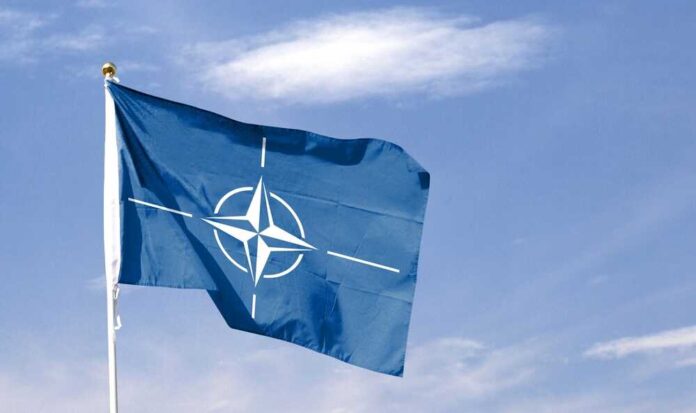Russian President Vladimir Putin dismissed Western leaders’ claims that Russia would launch an attack on a NATO member country if it was not defeated in Ukraine, describing the claims as “nonsense,” the Associated Press reported.
In remarks to military pilots during a March 27 visit to a Russian air base, Putin said the statements from NATO officials warning that once Russia was done with Ukraine, it would turn its sights on Europe was “sheer nonsense” and “ravings,” noting that the defense budget of the United States was ten times that of Russia.
At the same time, he said any NATO air base that would host US-made F-16 fighter jets slated for deployment in Ukraine would be considered a “legitimate target” for Russian forces.
Ukraine is awaiting delivery of F-16 fighter jets from its NATO partners as Ukrainian pilots have spent months learning to fly the aircraft. President Volodymyr Zelensky announced last August that NATO promised 42 F-16s.
The F-16 requires reinforced hangars to protect them from attack and a high standard of runway from which to take off and land. It is not clear which Ukrainian airbases meet the requirements and Russia would likely target the ones that do once the F-16s arrive.
Putin warned NATO against allowing Ukraine to use its airbases from which to launch sorties, saying that those bases would become legitimate targets for Russian forces. He said since F-16s can carry nuclear missiles, Moscow would “need to take that into account” when it organized its combat operations.
At the same time, Putin dismissed the notion that the F-16s would change the situation on the ground in Ukraine. He said Russian forces would destroy the F-16s just as they have destroyed the tanks, armored vehicles, rocket launchers, and other equipment the West has supplied.
Russia has maintained air dominance in the war in Ukraine both due to its massive air force and its more sophisticated air defense systems. However, the F-16s could help bolster Ukraine’s ability to launch long-range missile strikes. Its counteroffensive last year fell short in large part due to a lack of air cover.














